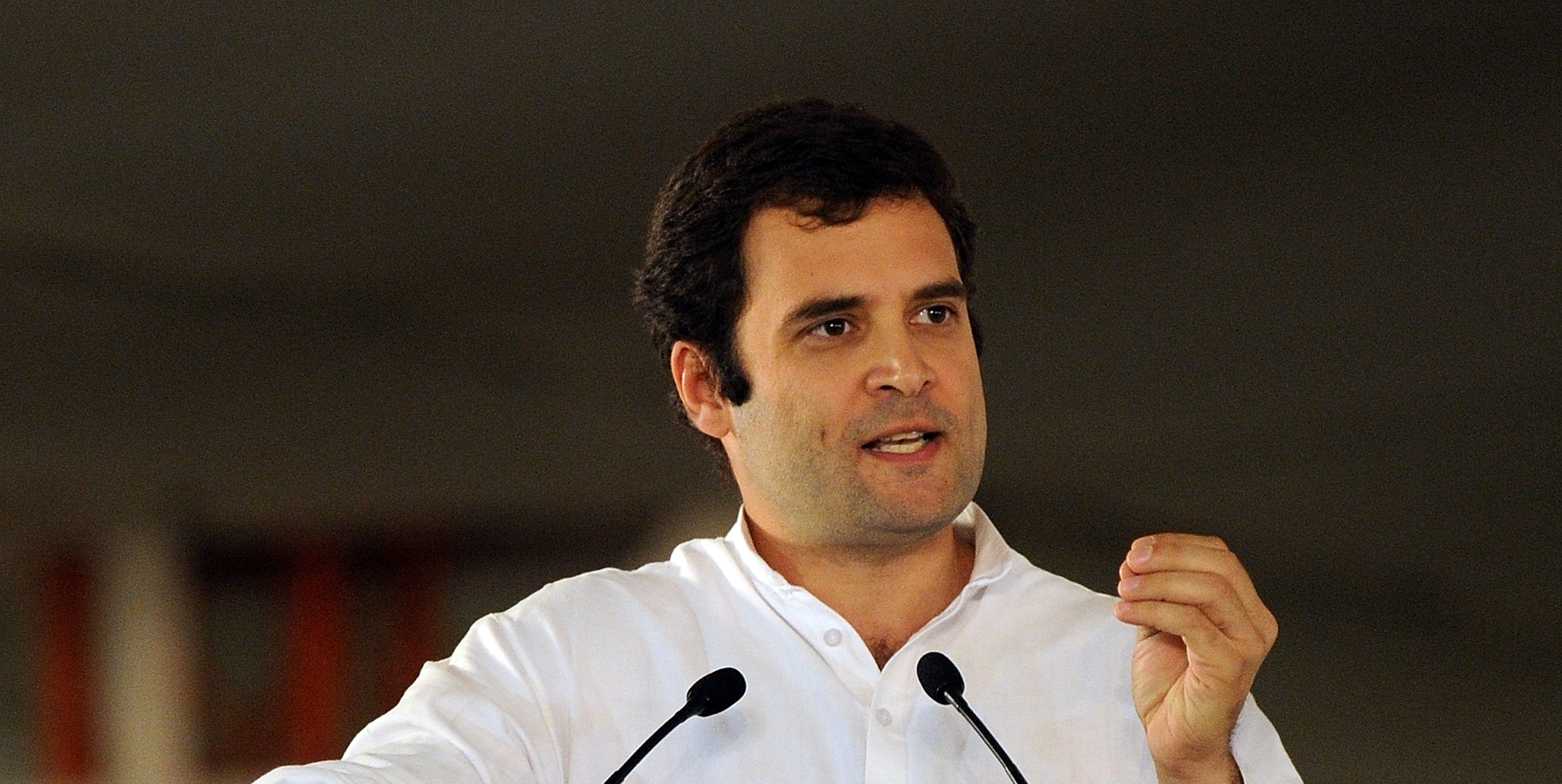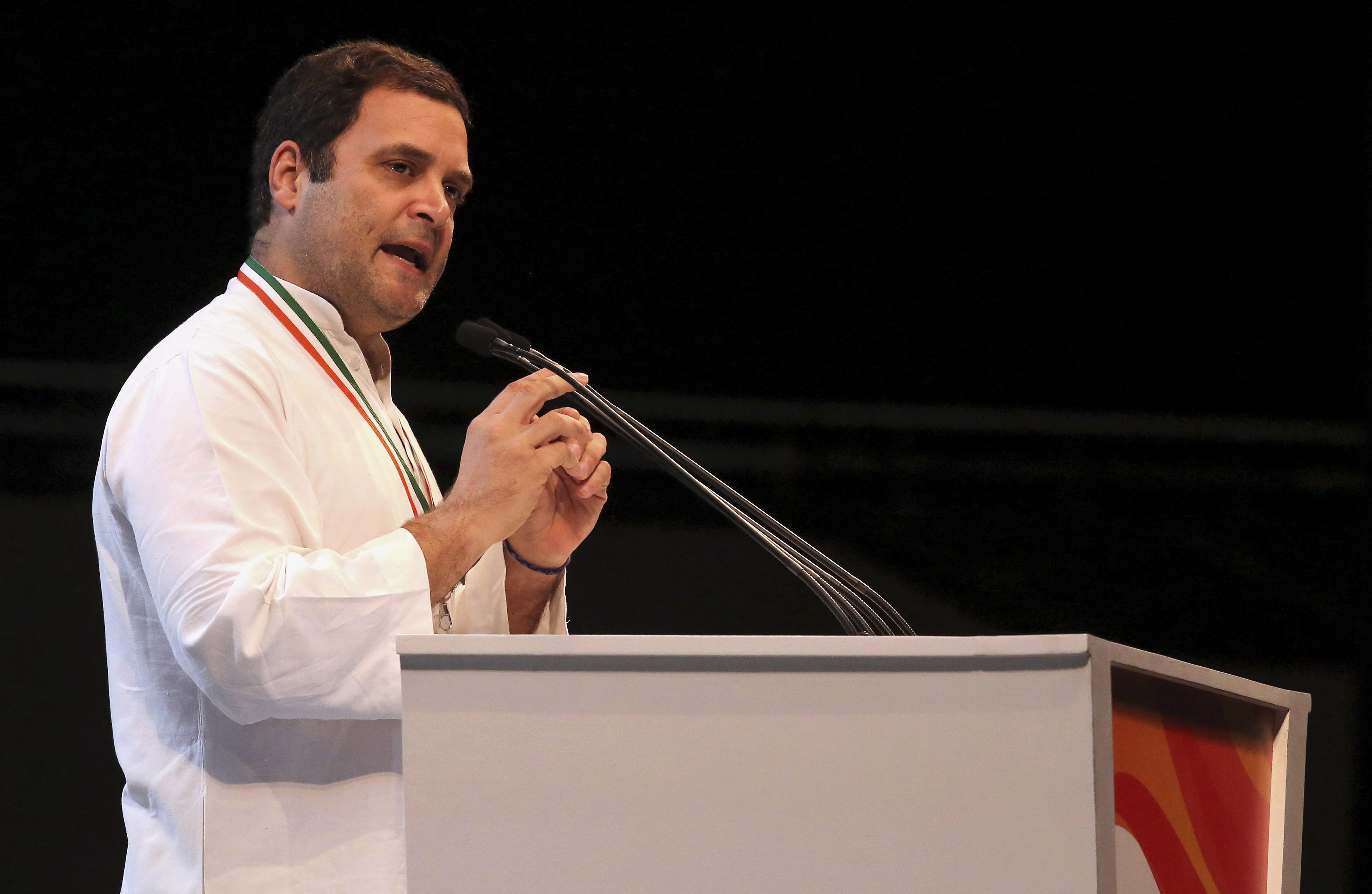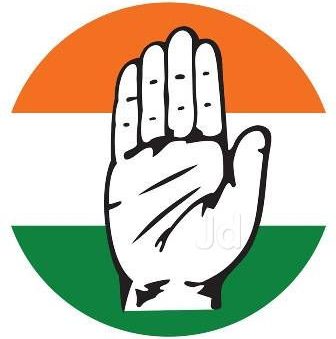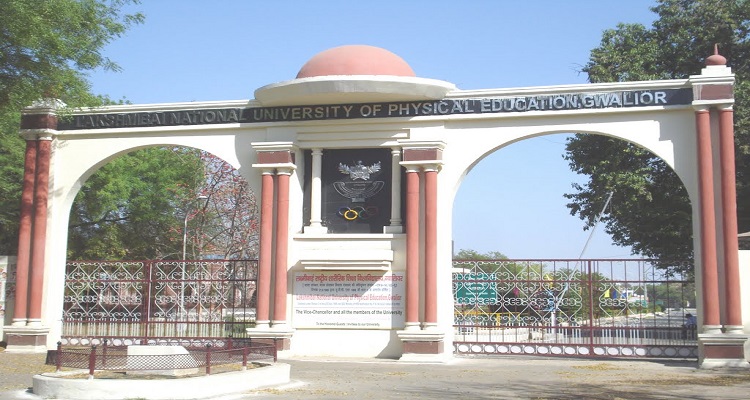Born on 19 June 1970, Rahul Gandhi spent his early childhood between Delhi, the political center of India, and Dehradun, a town nestled in the valley between the Himalayas and Shivaliks. He began his undergraduate career at Delhi’s St. Stephen’s College before moving to Harvard University in the USA. In his second year, Rahul transferred to Rollins College in Florida due to security threats following his father’s, the late Prime Minister Rajiv Gandhi’s, assassination. Rahul Gandhi graduated with a Bachelor’s degree in 1994. The year after, he obtained his M. Phil from Trinity College, Cambridge.
Rahul began his professional career with the Monitor Group, a management consulting firm based out of London – he was adamant on creating a professional career before joining politics. He soon returned to India and set up his own technology consultancy in Mumbai, where he led his team as the Director. The influence of his work in the management and technology sector is apparent in his political leanings. Rahul has always been a strong proponent of harnessing the scale and dexterity that technology can lend while amplifying the power of India’s greatest asset — her citizens.
Rahul Gandhi’s foray into Indian Politics
The call to serve our nation and to be an instrumental part of her growth came to Rahul Gandhi in 2004. He chose to stand from his father’s constituency and continue the legacy of serving the people of Amethi in Uttar Pradesh.
Rahul won his first election with an overwhelming margin of 100,000 votes over his opponents — a testament to the faith placed by the people of his constituency in him. From the beginning, it was apparent that Rahul believed that our nation’s future lies with her people. Through the ebbs and flows of a decade-long political career, Rahul has held true to the very principles that won him the hearts of the people in his very first election.
“A rising tide doesn’t raise people who don’t have a boat. We have to build the boat for them. We have to give them the basic infrastructure to rise with the tide” – Rahul Gandhi.
In 2013, Rahul Gandhi was elected as the Vice-President of the Congress Party. Within the Congress party, Rahul Gandhi played the key role of channeling the party along the lines of Congress’ core principles. He tirelessly worked to democratise the student wing and youth wing of the Congress party and ensured a breath of fresh air entered the grand old party by encouraging young leaders to take up leadership positions. His pivotal role in shaping the party along Congress’ core values over his political career earned him the post of President of the Congress Party in 2017. Under Rahul Gandhi’s guidance, the Congress Party has once again emerged as the voice of the nation.

Rahul Gandhi – The People’s Leader
As the President of the Opposition party, Rahul Gandhi has played a key role in raising the demands of various stakeholders of the country. He has championed the rights of the poor & the marginalised. He has led the battle against the ruling government on poorly implemented policies such as Demonetisation, Aadhar, Net Neutrality, GST and more.
Political & Social Views
- National Security
- Lokpal
- Eradicating Poverty
- Ordinance on Convicted Law Makers
- Women’s Rights
- LGBT Rights
The vision of Rahul Gandhi and his strategy to fight the democratic battle with love and unity is what makes the Congress Party the true representative of a united India. Going forward, he aims to put these principles into action by creating systems that provide India’s citizens with the tools and opportunities they need to reach their full potential.
For me, the Congress party is now my life, the people of India are my life, and I will fight for the people of India and for this party.

Through his life, Rahul Gandhi has always been the strongest proponent of politics of purpose. Over the years, he has lent his voice to a number of issues but has always remained focused on propagating non-violence, equality and justice. He has imbibed these virtues through a lifelong tryst with Indian politics and history and has developed a keen understanding of the Indian social fabric. Having experienced the pain of losing both his father and grandmother to acts of violence and hatred, Rahul Gandhi has always been a champion of Gandhian philosophies of ahimsa and truth.
Formative Years
Rahul Gandhi spent his early childhood between Delhi, the political center of India, and Dehradun, a town nestled in the valley between the Himalayas and Shivaliks. He began his undergraduate career at Delhi’s St. Stephen’s College before moving to Harvard University in the USA. In his second year, Rahul transferred to Rollins College in Florida due to security threats following his father’s, the late Prime Minister Rajiv Gandhi, assassination. Rahul Gandhi graduated with a Bachelor’s degree in 1994. The year after, he obtained his M. Phil from Trinity College, Cambridge.
Youth Politics
In September 2007 when he was appointed general secretary in charge of the Indian Youth Congress (IYC) and the National Students Union of India (NSUI), Gandhi promised to reform youth politics. In his attempt to prove himself thus, in November 2008 Gandhi held interviews at his 12 Tughlak Lane residence in New Delhi to handpick at least 40 people who will make up the think-tank of the Indian Youth Congress (IYC), an organisation that he has been keen to transform since he was appointed general secretary in September 2007.
Hatred, anger, and violence can destroy us: the politics of polarization is dangerous.”
Under Gandhi, the IYC and NSUI have seen a dramatic increase in members from 200,000 to 2.5 million. The Indian Express wrote in 2011, “Three years later, as another organisational reshuffle is in the offing, Gandhi’s dream remains unrealised with party veterans manipulating internal elections in the Youth Congress and a host of people with questionable background gaining entry into it.”
Women Empowerment
Gandhi has pushed for the empowerment of women. He backed the Women’s Reservation Bill which would allow 33% reservation of all Lok Sabha and state legislative assembly seats for women. This bill passed the Rajya Sabha on 9 March 2010 but has not yet been voted on by the Lok Sabha as of February 2019

